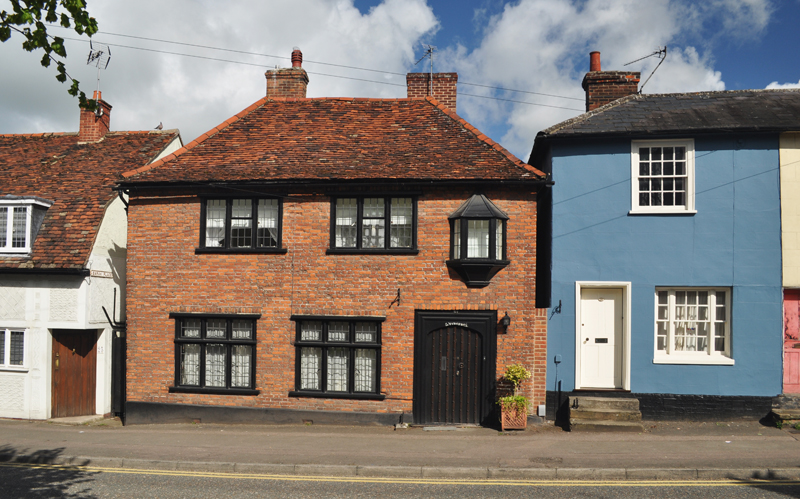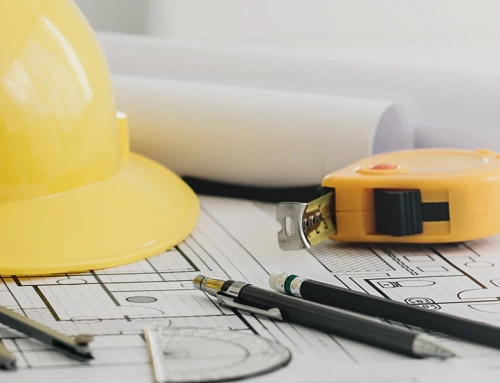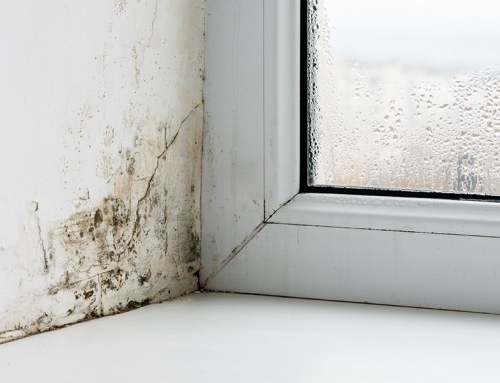“Four out of five homebuyers don’t bother with a survey.”
FT Weekend, 2016.
“20% of people who bought a home without a survey found sufficient defects to make them wish they had not acquired the property in the first place.”
RICS survey, 2015.
“Two-thirds of homebuyers use problems revealed by surveys to renegotiate price.”
Which Report, 2016.
“If you think it’s too expensive to employ a good surveyor, think what it could cost you if you don’t.”
Common Sense from Brien Walker, 2017.
Brien Walker, principal of Snow Walker and a senior Fellow of the Royal Institution of Chartered Surveyors, offers the following advice to prospective home buyers regarding surveys.
Personally, I have never purchased a home without asking another surveyor to examine it first on my behalf. Beauty is very much in the eye of the beholder and when you fall in love with a building there is a real probability you become blind to its faults. Even those with experience of property buying can err against their better judgement by ignoring or overlooking faults, underestimating the cost of remedial repairs or overvaluing potential worth after improvements. As we all know, purchasing a home is, for most people, probably the largest investment they will ever make in their lives and yet the majority of buyers still don’t commission a survey. This has proved to be a very costly mistake in many instances and a risk which most property professionals consider utterly astounding.
However, let’s assume you decide to commission a report when you find a property you like – which type of survey should you choose?
What type of survey?
Different firms may provide varying types of report but the Snow Walker basic offerings are:
A. Mortgage Valuation. It is quite amazing in an age when the public is generally quite educated in property matters that many people still believe a building society valuation is some form of survey. Dream on… this is a ticking box A, crossing box B, reporting format that is usually commissioned by the building society or financial institution to protect its interests – not your interests as the client – and it is specifically NOT a survey.
B. Full Building Survey. Once called a Structural Survey, this is particularly appropriate for period and listed buildings and vernacular properties since it is designed to be all-encompassing. We generally advise this type of survey for any pre-1970 property. It is an extremely detailed report which includes all elements of the holding and frankly, is the only truly comprehensive form of survey reporting.
C. Homebuyers Report. This was devised to be an abbreviated reporting format for modern buildings. Regrettably, some surveyors use this as an excuse to incorporate little of practical worth and pack it with caveats. We will not advise its use on a pre-1970 holding without informing the client of the full implications. Why? Well two World Wars, within 30 odd years, killed many skilled craftsmen, exhausted our natural reserves and virtually bankrupted the nation. Then, during a time when planning and building regulation was in its infancy, we promised returning veterans ‘homes fit for heroes’ which we didn’t actually have the ability to provide. Although many 20th century homes can be excellent, there are a good number of atrocious buildings that resulted from cheap or experimental construction methods and materials, of which asbestos is probably the most feared. The Homebuyers Report, although it deserves its place, is no substitute for a detailed Building Survey.
Even brand new homes can present problems: a survey reported in Which? (2014), commissioned by the National House Building Council (NHBC), revealed that 93% of new-build homeowners reported problems with their properties.
D. Main Defects Report. This focuses solely on major issues and is particularly useful to anyone contemplating modernisation, renovation or reconstruction. It is relatively brief, normally in a letter format, and confirms the surveyor’s principal findings.
E. Brief Inspection. This will appeal to clients with a fairly significant level of construction knowledge who still require a surveyor’s guidance and a second opinion. Property professionals, such as architects and builders, are just as susceptible to ignoring faults as the uninformed, perhaps through over-confidence or familiarity. This is therefore a concise, overall appraisal for an informed client to make sure they have not missed anything or just to reinforce their own appraisal.
Appointing a surveyor.
Referral. Personal recommendations are great but do be wary of recommendations offered by estate agents since they are paid to represent the seller, not you, the buyer. Also, estate agents could well be obtaining commissions from a surveyor for any referrals – and they would far prefer you choose their soft option anyway so it does not impede their sale.
Interview the surveyor. Study the websites of a few practices and then talk to the surveyors in person – don’t rely upon email responses or conversations with receptionists. Interview the person who is actually going to represent you; ask difficult questions and ascertain that they truly have the level of expertise to impress you. You need to know how long they have been doing the work, their qualifications, their creed, confirmation of their professional indemnity insurance, when they can do the work, the turnaround time, etc. You should also ascertain whether or not they come across as the sort of person you wish to work with; after all, why employ a professional you do not like?
Independent surveyors. A mortgage company may offer you a cut price survey along with their valuation. This could be fine, but it often means you have no direct contact with that particular panel surveyor, or know their quality or ability. Price is important, but it should not be at the expense of quality. Panel surveyors often travel from far afield and may even not be familiar with your area – local knowledge is very important!
How do you compare one surveyor to another? Contact several practices for quotations but don’t judge on price alone. If you want an idea of quality and be able to compare surveyors on a like-for-like basis, ask them to email you a copy of a survey they have recently undertaken on a similar property (naturally, with contact details excluded for data protection purposes). Also, request an indication as to when the survey could be undertaken and ask whether the surveyor will discuss it with you as soon as the site work has been completed – bearing in mind it will be around another week before the written report is available.
Exclusions & Caveats. Ascertain what is being excluded from the survey and what caveats they incorporate to limit their responsibility. We have seen reports where surveyors exclude matters such as boundaries, high level works and even private drainage systems such as septic tanks. Any excluded items should be defined and agreed in advance. The main one is usually that if a surveyor cannot inspect something because it is inaccessible or unexposed, (such as an old Second World War bunker within the grounds) obviously they cannot report on it. A good survey should be written in straightforward, unambiguous, plain English and when technical terms are used, an explanation provided. The surveyor’s aim should be to avoid caveats wherever possible and to provide an objective report. Time spent on site should not be a consideration for the surveyor; it should be dictated by the hours required to do the job properly.






